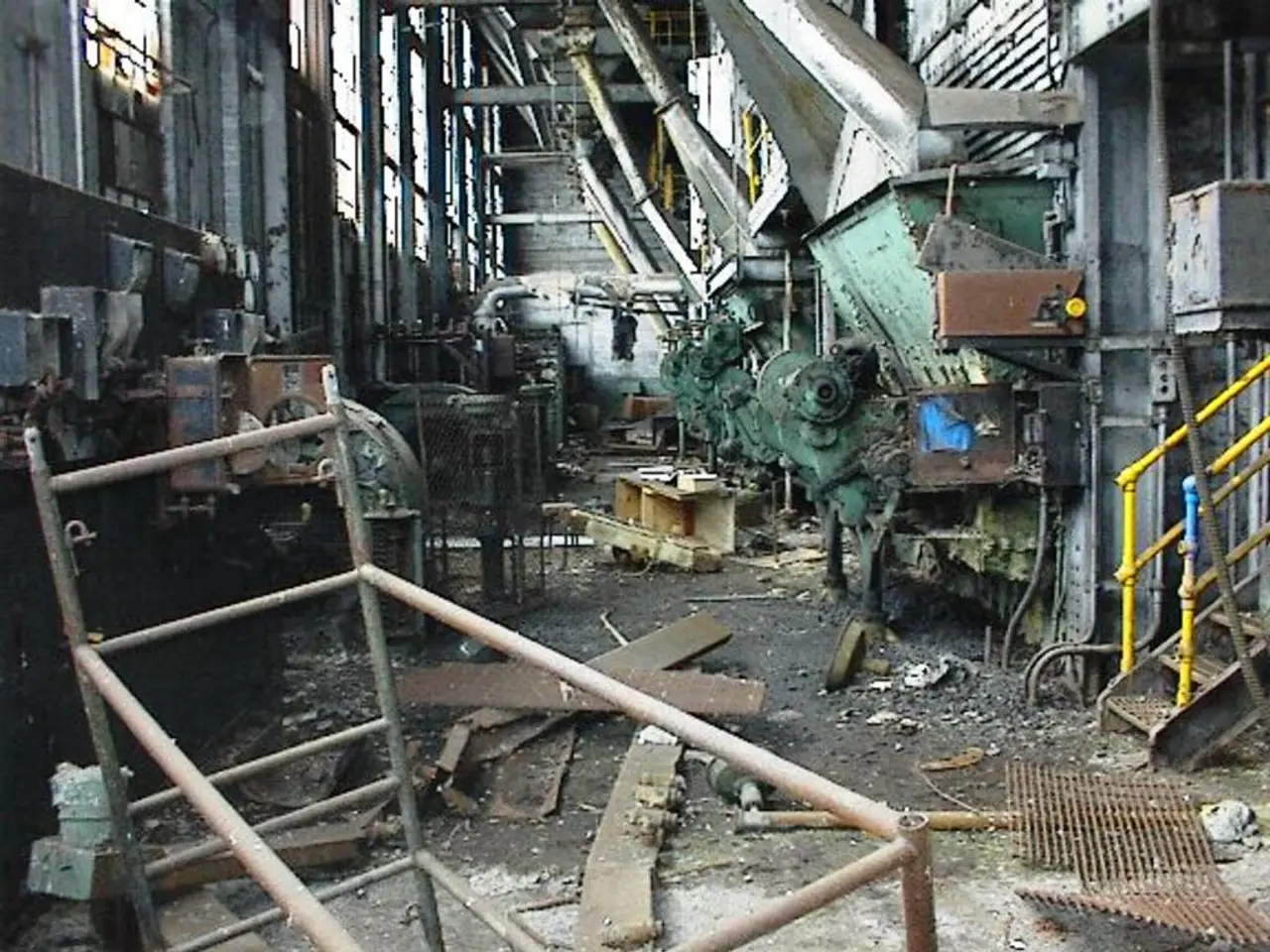Grocery Regulations Spark Fuelling Frustration for Marks & Spencer
The Windsor Framework, a post-Brexit agreement between the UK and the EU, has resulted in increased costs and bureaucratic requirements for grocery products shipped from Great Britain to Northern Ireland.
Key elements of the new red tape include:
1. **"Not for EU" Labelling Requirement**: Over 1,000 food products destined for Northern Ireland must now carry a "Not for EU" sticker to indicate they are not intended for the EU market. This labelling has been phased in since 2023 and reached its final phase on July 1, 2025.
2. **Additional Checks through the "Red Lane"**: Around 400 products will undergo further border inspections and sanitary and phytosanitary (SPS) controls in the so-called "Red Lane," adding to the procedural complexity and cost for retailers.
The new requirements have caused frustration among retailers, particularly Marks & Spencer, whose CEO, Stuart Machin, described the measures as "bureaucratic madness." He argued that they are unnecessary, confusing for customers, and add costs to retailers. The framework aims to prevent goods meant for the UK market from entering the EU single market via the Republic of Ireland but creates complexity in supply chains.
The UK Government expects that a forthcoming new SPS deal with the EU will streamline trade and potentially remove the need for such labelling and checks, but these are not yet in place, so the red tape remains active for now.
Marks & Spencer, which operates 22 shops in Northern Ireland, has already been dealing with the paperwork involved in sending goods from Britain to the Republic of Ireland. In February, Alex Freudmann, managing director for food at Marks & Spencer, criticized the heavy paperwork, stating that it takes hours to complete and demands detailed information such as the Latin name for the chicken used in their chicken tikka masala.
Despite Labour's claims of resetting EU relations, the new changes are being implemented, causing concern among retailers who see it as excessive red tape, particularly given the UK's high food standards. The Government has pledged to continue working closely with businesses to support them in implementing these arrangements and help them to continue moving their goods smoothly across the UK.
- In the context of Brexit, investments in grocery businesses shipping products from Great Britain to Northern Ireland could face increased financial burdens due to the "Not for EU" labelling requirement and additional checks through the "Red Lane."
- The finance sector might be impacted by the added costs and bureaucratic requirements placed on retailers, as evidenced by the fallout faced by Marks & Spencer, particularly in Northern Ireland.
- The business world and general news are keeping a close eye on the ongoing negotiations between the UK and EU, as developments in the SPS deal hold the potential for streamlined trade and the removal of redundant labeling and checks, which would reduce the current complexity and expenses in supply chains.





